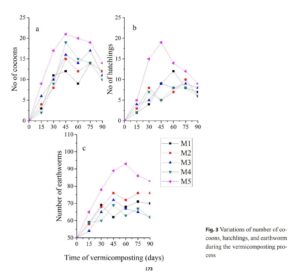Purpose To evaluate the production and the quality of seedlings of different pepper genotypes produced on millicompost as an organic substrate. Method Three experiments were carried out, one for each pepper genotype (ENAS-5007, ENAS-5031 and ENAS-5032) in which three substrates were evaluated: 100% Millicompost (S1); Millicompost MIX (50% millicompost + 50% powdered coconut fiber) (S2) […]
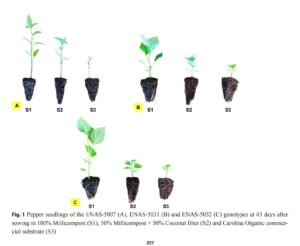
Purpose This study aimed to investigate the effects of compost and vermicompost of municipal solid waste application on the growth of Dracaena marginata tricolor. Then, the results of foliar application of compost tea and vermicompost tea on the plants were examined. Method Experimental treatments included compost and vermicompost of municipal solid waste in proportions of […]
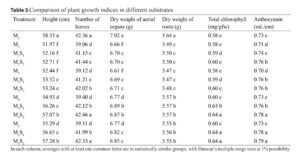
Purpose This paper focuses on monitoring the behavior of five different types of waste and humus during composting to see the impact of the nature of the substrate on the process and the quality of mature compost. Method Green waste, coffee waste, household waste (Fraction of the household waste which having dimensions smaller than 8 […]
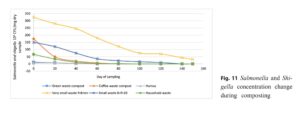
Purpose Olive mill waste sludge (OMWS) is a solid by-product resulting from olive oil extraction, OMWS is usually left decanting in landfills causing environmental pollution and a significant loss of recyclable organic resources. This study aims to evaluate the feasibility of producing an organic amendment through treating OMWS with solar drying (SDy), which is a […]
Purpose Nitrogen-fixing bacteria (NFB) are essential for biologically fixing nitrogen in natural and soybean crop systems. The use of organomineral fertilizers is a promising crop management tool made from the mixing of an organic source and mineral fertilizers. This study evaluated the efficacy of an organomineral fertilizer (sewage sludge-based) as a carrier for the Azospirillum […]
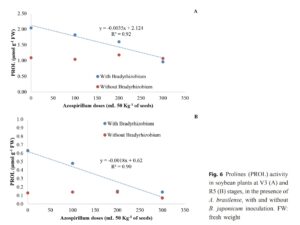
Purpose Olive mill wastewater (OMW) is annually generated in large amounts in Jordan without any treatment creating major environmental and public health issues. The objective of this study is to determine changes in OMW characteristics under three climatic zones in the North of Jordan during two harvest seasons. Method OMW samples were obtained from 10 […]
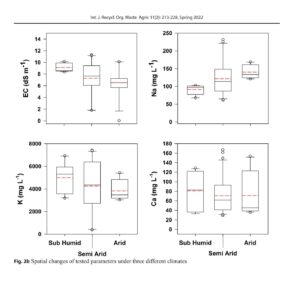
Purpose Sawdust, an organic residue abounds in many parts of Nigeria; they often block drainage channels, sometimes burnt to further aggravate the greenhouse gases in the atmosphere. However, it can be harnessed as soil amendment. Method A field experiment was carried out at the Teaching and Research Farm, University of Ilorin, Nigeria during the 2018 […]
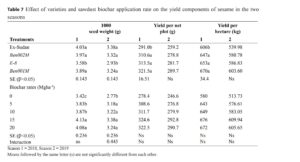
Purpose Soil is an important accelerator for biodegradable processes. Soil resource circulation concept by using the compost from the previous crop as cover materials for the recent composting mass was evaluated as it contained soil and amorphous Fe as an energy source. Therefore, this research was focused on the possibility and the changes in the […]
Purpose Effluents from machined olive waters are highly polluting. These have high organic load values such as the biological demand of oxygen and the chemical demand of oxygen, salinity, and others, which far exceed current regulations. The objective of this work was to achieve, through bioremediation by native microorganisms, the reduction of effluent contamination. Method […]
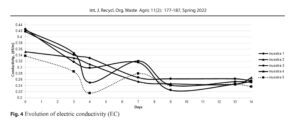
Purpose In India, the global contribution of milk and sugarcane production are 21% and 12 to 15%. Dairy and sugarcane industries produce end products as sludge which is directly dumped in open land which pollute the land and groundwater of the nearby areas. The present study was aimed to utilize the vermicomposting technique to treat […]
